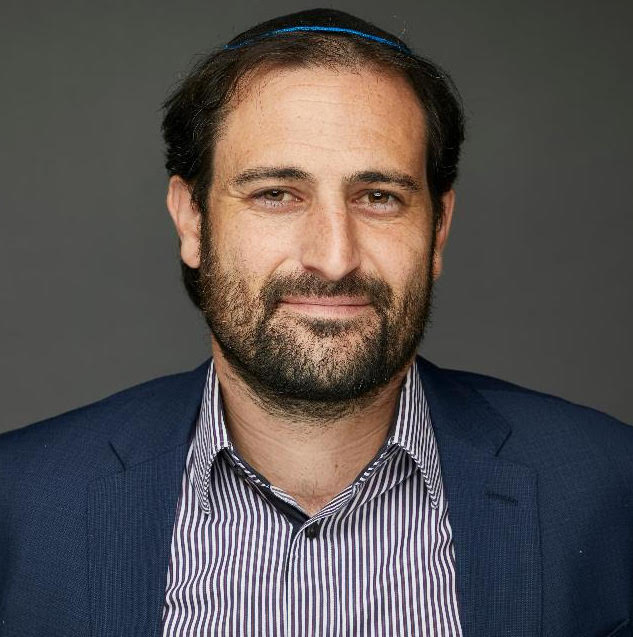Torah, War, Politics, and the Supreme Court: The 2024 Military Service of Ultra-Orthodox Yeshiva Students Bill

Moshe Jaffe is a constitutional law adjunct professor at the Academic Center of Law and Science in Israel and an adjunct professor at Cardozo School of Law. He is also a SJD candidate at the University of Michigan Law School.
Introduction
The tragic events of 7 October and the subsequent war in Gaza have reignited longstanding tension in Israel regarding the draft of Ultra-Orthodox yeshiva students. This issue has been impacted as well by recent rulings of the Israeli Supreme Court, which have brought the matter back into public debate. This post aims to simplify this extremely complex issue and guide the reader through developments leading to the recent bill currently being considered by the Knesset. Given the brevity of this post, its focus is on recent developments and specifically on the 2024 bill rather than a comprehensive historical review.


